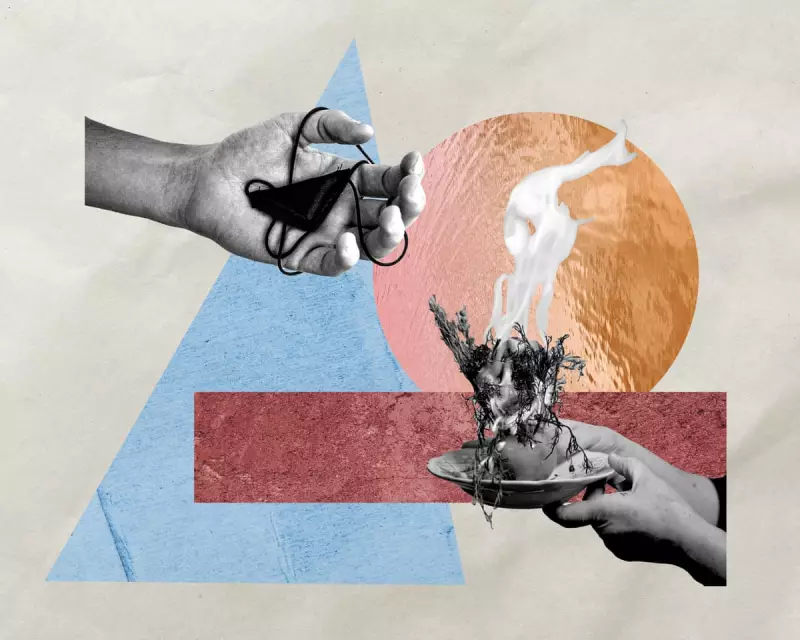
In today's relentlessly connected world, where news cycles spin at dizzying speeds and global crises emerge with alarming frequency, many are finding themselves adrift in a sea of information overload. Amidst this chaos, an unexpected lifeline is emerging: spirituality.
The Search for Meaning in a Noisy World
Modern life presents us with an unprecedented paradox. We have more access to information than any generation in history, yet many feel increasingly disconnected from any deeper sense of purpose. The constant barrage of notifications, the pressure to stay perpetually informed, and the weight of global problems can leave even the most resilient individuals feeling overwhelmed and anxious.
"We're witnessing what psychologists call 'meaning crisis'," explains Dr Eleanor Vance, a researcher in contemporary spirituality at Cambridge University. "When traditional structures fail to provide answers to fundamental questions about existence, people naturally seek alternative pathways."
Ancient Practices for Modern Problems
Unlike organised religion, today's spiritual seekers are crafting personalised toolkits drawn from diverse traditions:
- Mindfulness and meditation are no longer fringe practices but mainstream tools for mental clarity
- Nature connection provides a powerful antidote to screen-dominated lives
- Community rituals offer belonging in an increasingly fragmented society
- Contemplative practices help process the incomprehensible aspects of human experience
Why Now? The Perfect Storm for Spiritual Seeking
Several converging factors explain spirituality's contemporary resurgence:
- The pandemic forced collective confrontation with mortality and purpose
- Climate anxiety has prompted deeper questions about humanity's place in the world
- Digital burnout has created craving for authentic, unmediated experiences
- Scientific validation has legitimised practices once dismissed as New Age
As clinical psychologist Dr Marcus Thorne notes, "Spirituality isn't about escaping reality, but about developing the inner resources to engage with it more meaningfully. In uncertain times, it provides psychological ballast."
Beyond Quick Fixes: The Enduring Appeal
Unlike temporary solutions that address symptoms rather than causes, spiritual practices offer frameworks for making sense of suffering, impermanence, and the mysteries of consciousness itself. They don't promise to eliminate life's challenges, but to transform our relationship to them.
In hospitals, mindfulness programmes help patients cope with chronic pain. In corporate settings, meditation rooms are becoming as common as coffee stations. In schools, breathing exercises help children regulate emotions. This integration into mainstream institutions signals a fundamental shift in how we approach wellbeing.
As we navigate the complexities of the 21st century, spirituality appears to be evolving from private comfort to public resource – a means of cultivating the resilience, compassion and perspective our turbulent world so desperately needs.





